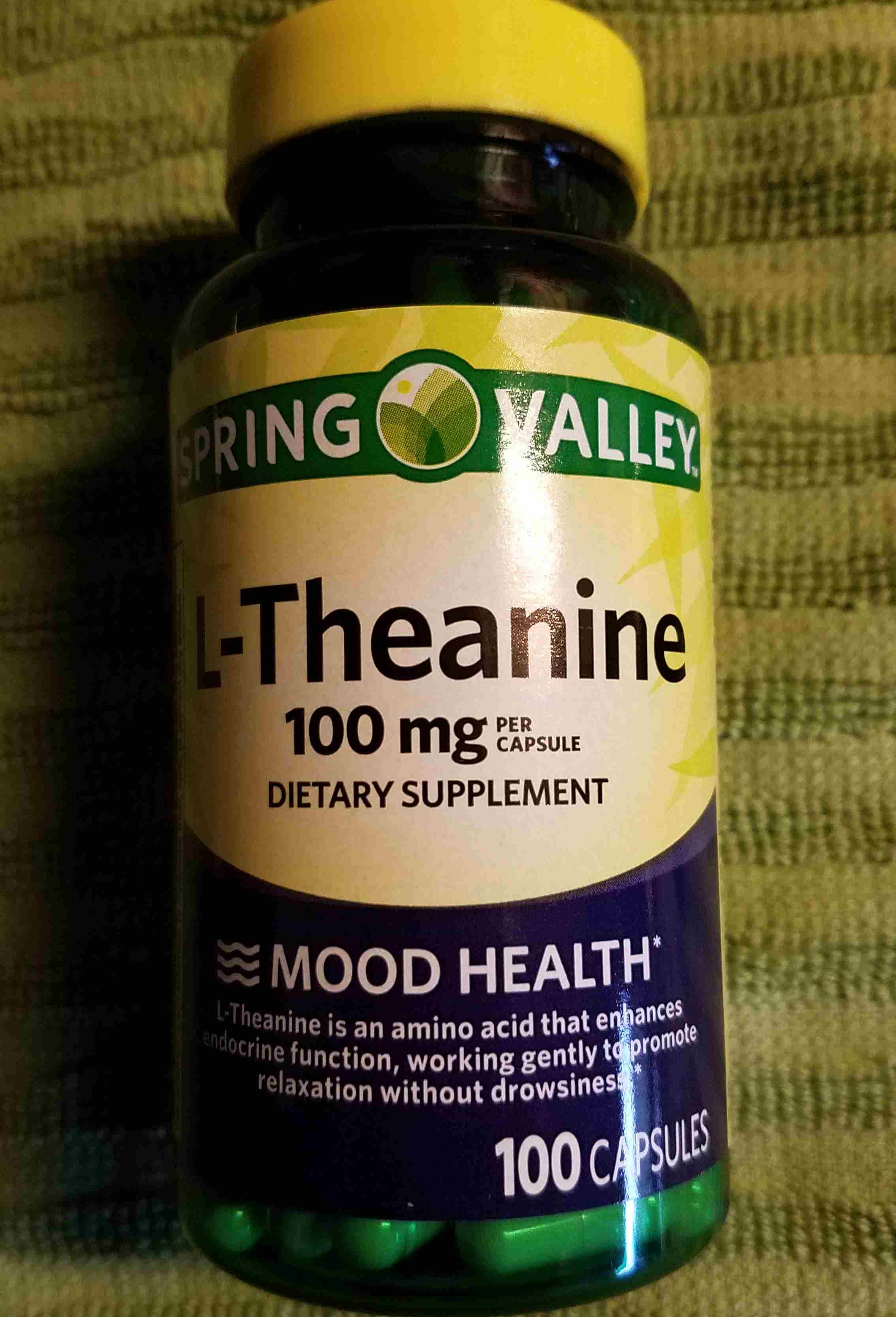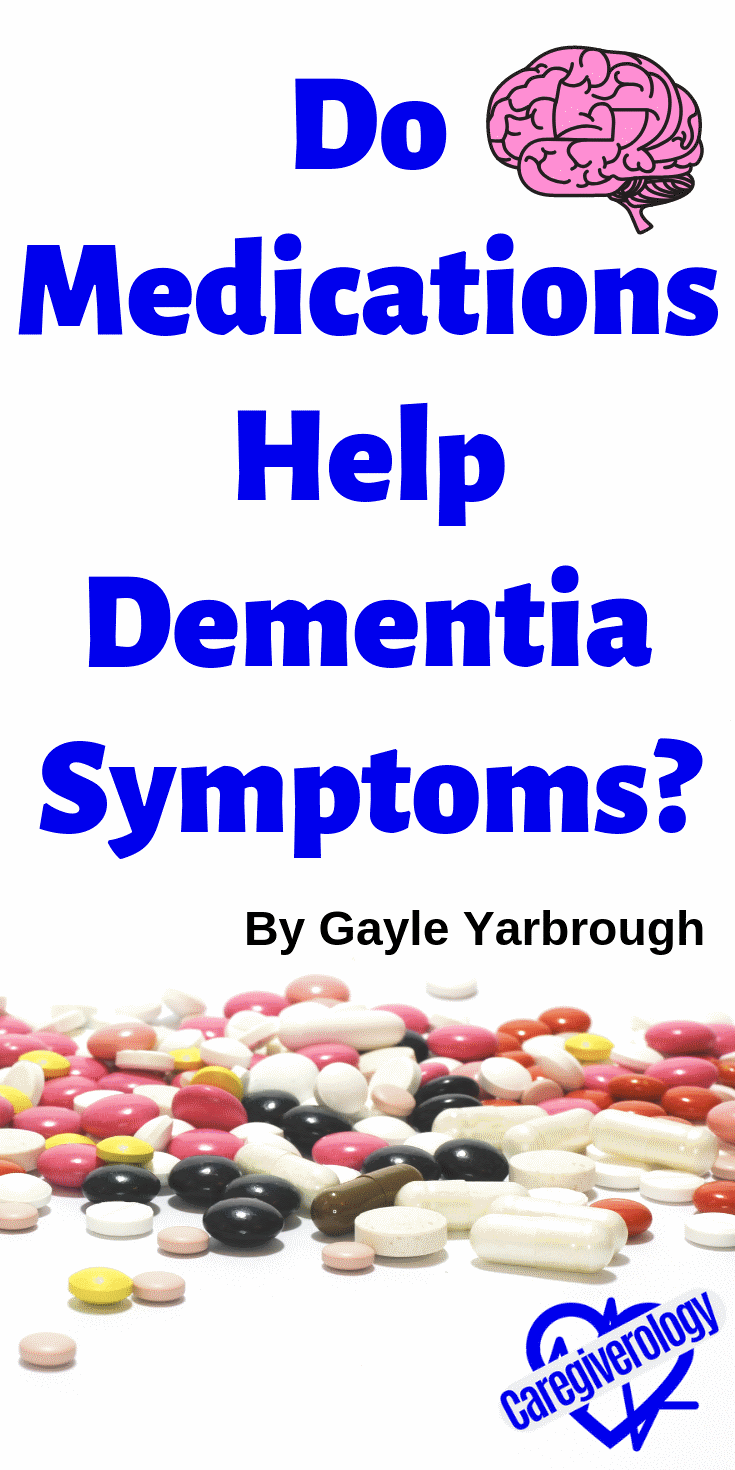Do Medications Help Dementia Symptoms?
This is an extremely complex question that has many variables. In short, some work for some people while others don't work at all. My experiences have been very mixed.
Antipsychotics Assisted Living Cognition Enhancers Dad Mom Thoughts
Antipsychotic Drugs and Dementia
Antipsychotic medications (haloperidol, quetiapine,
risperidone and olanzapine) were initially developed for schizophrenia, which
is a mental condition with symptoms of delusions and hallucinations. These
drugs are often used because of their sedative effects.
People with Dementia often have delusions, hallucinations, anxiety, agitation, sleep disturbances and pacing. These drugs often cause so many more issues because they alter a person’s mental state. Other drugs used are antidepressants, anticonvulsants and benzodiazepines, but they should only be used as a last resort.
Dementia is a complex term of symptoms associated with more than 70 separate diseases, including Alzheimer's and Lewy body dementia. Responsive behaviors such as personality changes, reasoning skills, and language are associated with the condition. They vary greatly on the type as well as the severity of the disease.
Sometimes these behaviors are simply due to their environment, over stimulation, pain, or hunger. The language part of the brain may be misfiring which causes them to not be able to express what they are feeling or wanting. This causes them to be agitated and in certain cases, they can become aggressive.
I have personally seen how antipsychotic drugs effect Dementia patients. Please study and read up on the side effects of these medications. Black Box Warnings are not usually openly discussed. Many doctors and care homes use these to "manage" our loved ones. They seem to think they are the answer because patients with dementia often have similar behavioral symptoms. Patients are often affected differently.
The risks of these drugs can cause aggressive behavior, acceleration of cognitive decline, risk of stroke and even death, Side effects include stiffness and tremors similar to that of Parkinson's disease. People with Lewy body or Parkinsonism may be especially sensitive to these drugs.
Assisted Living Facility Example
I know of a lady that had went into assisting living. After about 5 months of being there she started showing signs of aggression. She began accusing other residents and staff of stealing from her. She even progressed to the point of hitting the staff. She was on three different types of antipsychotics.
The Assisted living home told the family she could no longer live there. They took her to the emergency room (ER) for an evaluation where she was admitted to a geriatric psychiatry inpatient unit. When they weaned her off of two of the three antipsychotics, her aggression went away. This is just one example of many different cases.
Cognition Enhancing Medications and Dementia
There are three FDA approved drugs made for mild to moderate stages of Dementia and Alzheimer’s disease. Donepezil (Aricept), Rivastigmine (Exelon) and Galantamine (Razadyne). Donepezil and Rivastigmine have also gotten FDA approval for the treatment of more advanced stages.
There is also Memantine (Namenda) which is considered an actual drug rather than a class of drugs. This has been approved for moderate to severe stages. They can help slow the progression of the disease, but are not a cure. They will only help in a modest form. In some cases, you may not even notice a difference. It is difficult to tell who they will work for without testing them.
They are usually well tolerated, but about 20 percent of people taking them experience side effects such as stomach pain, diarrhea, nausea, and vomiting. However, the most common complaint is dizziness which can put them at an increased risk of falls.
Giving My Dad Cognition Enhancing Medications
My Dad had always been a gentle and mild tempered man. But as his Dementia progressed, he would often become angry and at times strike out. It was very hard for me to watch this happen, but I had to remind myself that it was the disease and not him.
In his early stages, my Dad's neurologist put him on two different cognition enhancing medications: Memantine and Donepezil (Aricept). This "combination therapy" has a bit more benefits than just taking one. I asked him how long we should wait before stopping these medications if we don’t see any real results. he said as far as Memantine is concerned, take it for a few years, even if there is no improvement.
He was on Memantine (Namenda) and Galantamine (Razadyne) for about 5 years. The doctor eventually dropped the Memantine but continued to prescribe the Galantamine for another 5 years, until eventually stopping all of them. He said he no longer needed them because they had done their job of helping slow the progression and we were now moving into the end stages.
It is argued that these medications only offer very little benefit for most people and from my personal experience, it's hard to disagree. I’ve heard doctors say they are sometimes prescribed because the families insist because they want to do anything to preserve their loved one’s brain function for as long as possible.
The last 6 months were tough. I was my dad's only caregiver 24/7. When he advanced to the last stages, he was unable to recognize familiar people, unable to speak, and was mostly bed bound. About one year went by before he started to drastically decline and eventually passed away.
 L-Theanine
L-TheanineHowever, I studied and read about how the vitamin L-theanine enhances mood so I decided, why not try it? I gave him 100 mg in the morning and Melatonin 5 mg at bedtime. I would sometimes double the dose to 10 mg if he was having more of a bad evening than usual. It gave him his personality back. He became more like his old kind and mellow self!
NOT Giving My Mom Cognitive Enhancing Medications
My mom's case was different. She began showing memory loss in a more progressive manner. When I took her to her neurologist (A different one, because Dad's had retired), he said let's not give her anything because she was already having issues with dizziness and falling. He explained that they don't do that much for the person. With this information, we elected to wait and reevaluate in 6 months.
After those 6 months passed, there were no real changes in her condition. The doctor then said to wait and come back in another 6 months. She had more of a decline in those latter months than the months prior, but not in a drastic way. He gave us the option to follow up with him in a year if we desired, but we haven’t been back.
My Mom's changes have been much slower than My Dad's were. She gets confused much more, but she still recognizes family. She has Sundowners around 4 pm every day and starts getting fidgety. I then have to cue her for everything until her bedtime. She often forgets where her bedroom is, the bathroom, etc. Some days, she will even ask me where we are at some days. It's such a cruel disease!
She gets overstimulated when we go to a store or have loud company at the house. She gets more confused later in the afternoon. She loves watching the same shows daily: Kelly and Ryan, the news, Dr. Oz, Dr. Phil, then the news again. Ha! I've found that scary shows bother her cause she thinks they're real.
I only give her 5mg of Melatonin to help her relax and sleep an hour before bed and she typically sleeps for 8 to 9 hours. Most mornings, she is usually able to get up and dress herself as long as I have her clothes set out. I have learned early in my caregiving days that routine is the best.
Overall, she seems to be doing just fine without cognitive enhancing medications. Although her case is different from my dad's, she is actually doing better than he was. In her case in particular, I feel like we made the right decision.
Final Thoughts
So my input is to just be sure to read, read, and read some more when a doctor wants to put your loved one on these types of mind altering drugs. Research, ask questions, join a group, and be informed!
The mindset is highly complex with dementia. Each person is different with or without medications. You never know how the person will be affected. All we can do is watch our loved ones carefully and advocate for them!
Do you know of anyone with dementia? Are they taking any medications? What have been their experiences? Let me know your thoughts in the comments down below.
Thank you Gayle Yarbrough for contributing this article!
Stages and Types of Dementia: In Depth Overview
Dementia Caregiver Info, Help, and Tips
Guest Articles Written for Caregiverology
From Do Medications Help Dementia Symptoms to Home
Recent Articles
-
Common Truck Crash Injuries and Legal Remedies - Caregiverology
Jul 19, 25 10:49 AM
Known for its sun-drenched beaches, vibrant arts scene, and bustling maritime industry, Fort Lauderdale is a city that sees heavy traffic both on its roads and at its busy port. Unfortunately, with th… -
Why Expert Legal Help Matters After Serious Injury - Caregiverology
Jul 19, 25 10:35 AM
In Houston, over 67,600 car crashes occurred in 2023, resulting in 290 fatalities and 1,612 serious injuries. That’s roughly 185 accidents every day. -
How Life Care Planners Support Injury Recovery - Caregiverology
Jul 19, 25 10:18 AM
In Los Angeles, life care planners play a vital role in supporting injury recovery, especially for individuals facing catastrophic injuries such as traumatic brain injuries or spinal cord damage.





New! Comments
Have something to say about what you just read? Leave a comment in the box below.